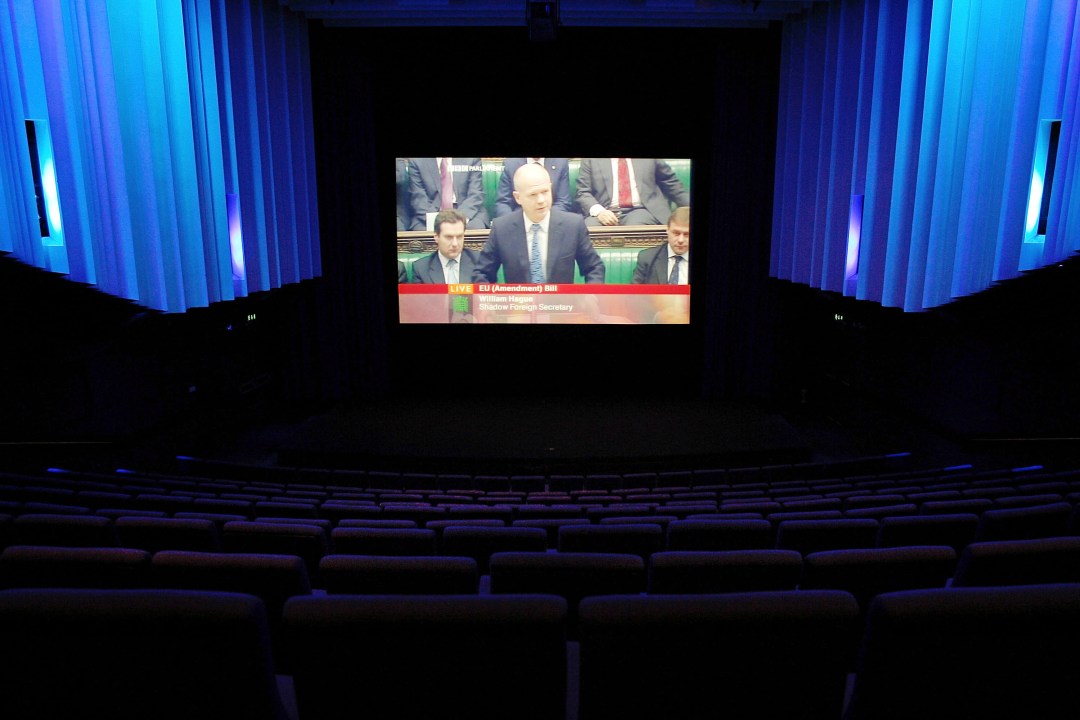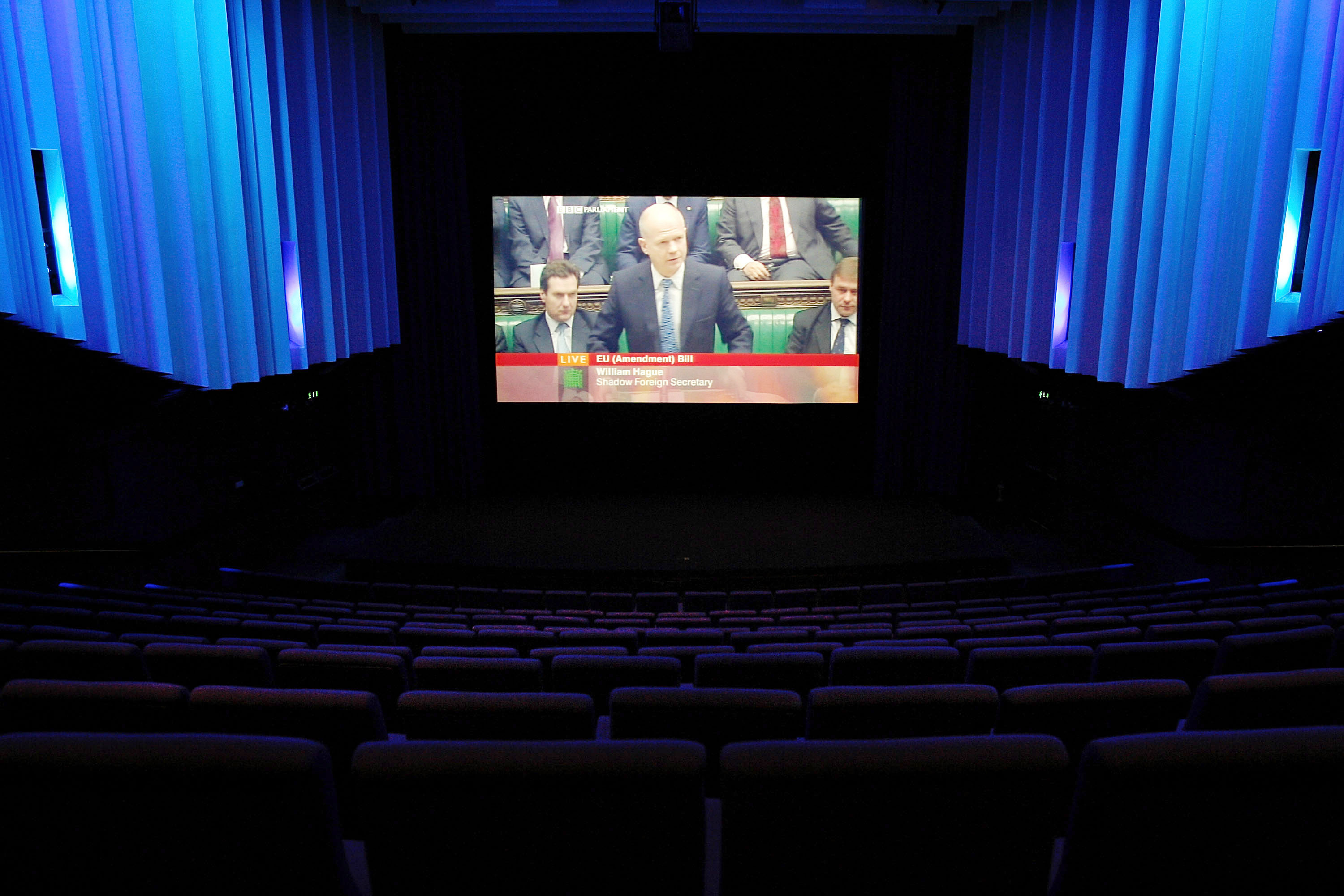 The various parties involved in the televised leaders’ debate have finally come to an agreement on how they will work. You can read full details here, courtesy of Sky. But the main points are:
The various parties involved in the televised leaders’ debate have finally come to an agreement on how they will work. You can read full details here, courtesy of Sky. But the main points are:
i) Topics and locations. The first debate will be hosted by ITV’s Alastair Stewart, in Manchester, and will cover domestic affairs. The second will be Sky’s Adam Boulton, in Bristol, and will cover foreign policy. And the third will be the Beeb’s David Dimbleby, in Birmingham, on the economy.
ii) Structure. The rather rigid structure of each programme will be as follows:
“Each leader will make an opening statement on the theme of the debate lasting for 1 minute. After the three opening statements the moderator will take the first question on the agreed theme. There will be closing statements of 1 minute 30 seconds from all three leaders at the end of the 90 minutes.
Each leader will have 1 minute to answer the question. Each leader will then have 1 minute to respond to the answers.
The moderator may then open the discussion to free debate between the leaders for up to 4 minutes on merit.
Questions will be taken on the theme until around half way through the programme, depending on timing and ensuring fair treatment of all three leaders.
At the end of the themed period, the moderator will open the debate to general questions selected by the broadcaster’s panel from the audience or via email.
The same timing format will apply to the general questions i.e. each leader will have 1 minute to answer the question. Each leader will then have 1 minute to respond. The moderator will then open the discussion to free debate between the leaders for up to 4 minutes on merit.” iii) Audience. The audience will be chosen by the polling firm ICM to be politically and demographically balanced. Around 20 percent will be “undecided” voters. The audience will be asked not to applaud during the debate.
iv) How the questions are selected. Each broadcasting company has an internal selection panel to pick the questions that will be put to the party leaders.
v) No breaks. There’ll be no ad breaks, nor interruptions for breaking news coverage.
vi) Regional debates. The BBC will put on separate party leader election debates in Scotland, Wales and Northern Ireland. Details yet to be agreed.
vi) Handshakes. And, erm, the leaders will shake hands at the end of the debate. The John Terry and Wayne Bridge situation must have made producers jittery about that…







Comments